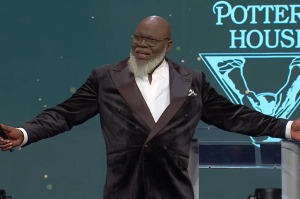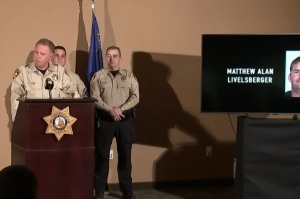North Carolina Church Goes Green with Solar Panels and Urban Garden
A North Carolina church is going green by installing solar panels on their rooftop in an effort to save costs and become more environmentally friendly.
Highland United Methodist Church in Raleigh added 136 panels that will eventually provide about 15 percent of the church's electricity. Church leaders hope their efforts will inspire others to also practice environmental stewardship.
"We would love to be a resource and model to other churches looking to make wise longer term decisions to be better stewards of that which has been entrusted to us," Tom Lamb, facilities administrator at Highland told The Christian Post.
The panels, which cost $110,000 to install, are owned by a group of nine church members who formed a limited liability corporation to use the tax credits unique to solar panels. Lamb says they will gift the solar arrays to the church after they utilize the tax credits over the next 6 years.
"You really need a personal tax portfolio with passive income to make this work," Lamb said. "…A small congregation could afford to do a small solar project, especially if they have members who have passive income and want to make an investment that will help their church in the long run."
Although the price of going green is costly, Lamb says the congregation is excited about their initiative and considers it a "fairly low investment."
"We do realize that in order to save some money in the long term you have to spend some money in the short term. Finding that money is the challenge, but the pay back is definitely there but may not be realized for several years," he says.
In addition to solar panels, the church also has expanded its green initiatives with a garden that grows over 2,000 pounds of produce each year. The idea for the community garden came about when its founder, Cullen Whitley was recently divorced and looking for a project that he could invest time and energy in.
Eventually, church members joined in and those who worked with ESL students asked if they could involve the students in the garden as a ministry opportunity. Now, ESL students, immigrants, community and regional volunteers participate in gardening and learn about sustainable urban gardening practices.
Highland church leaders have also replaced old toilets with low-flow ones and have installed low-energy light bulbs as part of their green effort.
"I would advise churches to start a Green Committee and task that committee with looking at ways the church can better manage their utility costs and energy consumption," says Lamb.
The new panels will be dedicated during the worship service on June 15 and the installation will be named after Larry McGee, the man responsible for establishing the Highland Green Committee. McGee passed away soon after the committee was formed.





























